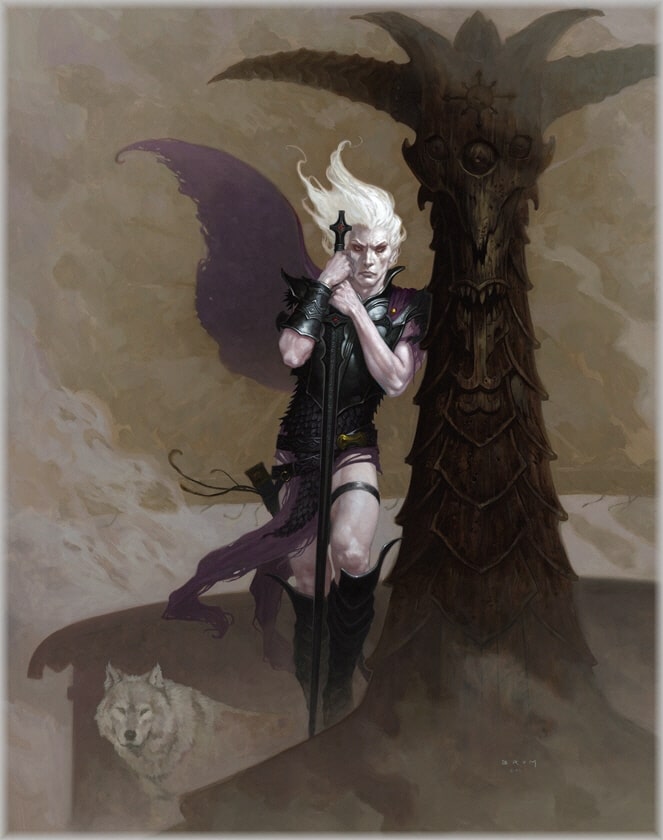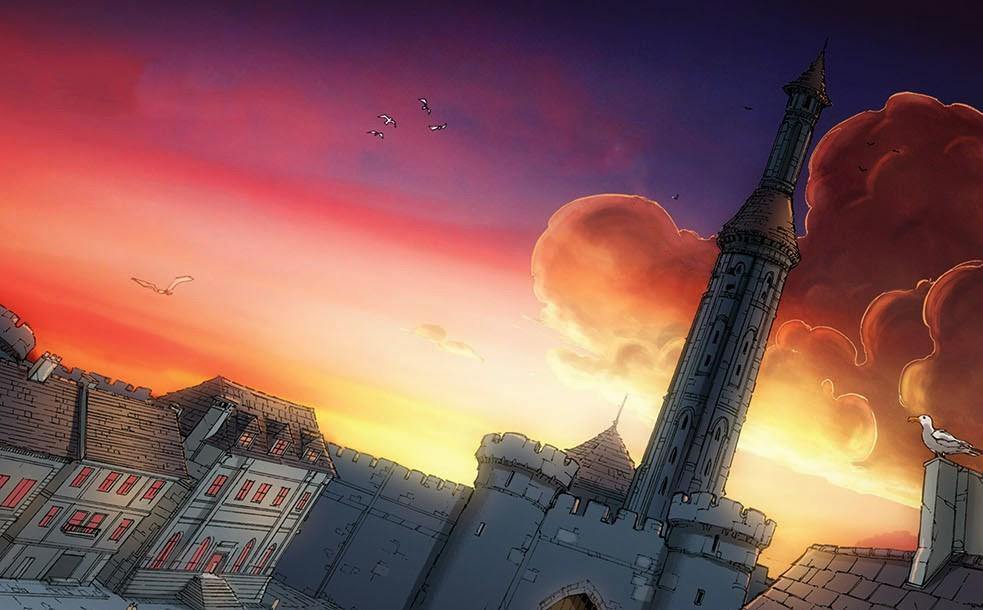
As a result of this refocusing of critical intention and attention, Austen’s didactic use of the quixotic paradigm, as well as its political and social implications, has become significant. Robert Uphaus, for example, delineates the political representation of reading in Austen’s novels, including Northanger Abbey, illustrating Austen’s contribution to the cultural debate of women’s literacy. The subsequent shift in the critical debate surrounding Northanger Abbey towards feminist issues lays the foundation for a careful look at the dilemmas of female education, 2 which was dominated by male ideology and disallowed both “true” feminine reading and the obtainment of agency.

The focus by earlier critics on inconsistencies of character and form has been challenged, however, by more recent arguments that downplay such inconsistencies in favor of the political maturity of Austen’s early work.

John Locke, Of the Conduct of the Understanding, 1706Ĭompleted in 1799, 1Jane Austen’s earliest novel Northanger Abbey has been criticized by scholars such as Anne Ehrenpreis and Alan McKillop for the juvenile nature of its composition and its lack of overall coherence.

Those who have got this Faculty, one may say, have got the true Key of Books, and the clue to lead them through the mizmaze of variety of Opinions and Authors to Truth and Certainty. Such an Examen as is requisite to discover that, every Reader’s mind is not forward to make. . . Agent: Howard Morhaim, Howard Morhaim Literary Agency (Dec.For all that is to be found in Books, is not all built on true Foundations, nor always rightly deduc’d from the Principles it is pretended to be built on. Longtime fans will find plenty that fascinates in this return to the long-running series. Readers familiar with the Elric saga will find much of the early brio retained (“Blood and souls for Arioch!”), though the adventure is now tempered with brooding melancholia, philosophical ruminations, and regular references to previous dream-quests. This loss comes back to haunt him when he must defend a valley of apparently peaceful Melnibonéans against Xiombarg’s conquering horde.

Quickly embroiled in Phoorn family squabbles, Elric survives but loses his prize sword to Chaos Lord Xiombarg, Queen of the Swords. Leaving the Young Kingdoms after betraying his own folk, Elric and his companion Moonglum travel to the World Below where a segment of Elric’s people, the Melnibonéans, settled alongside the dragon-like race known as the Phoorn. With this nostalgia-tinged epic, SFWA grandmaster Moorcock sends his most famous creation, Elric, doomed Prince of the Black Sword (who last appeared in 2005’s The White Wolf’s Son), on a quest to find his roots.


 0 kommentar(er)
0 kommentar(er)
